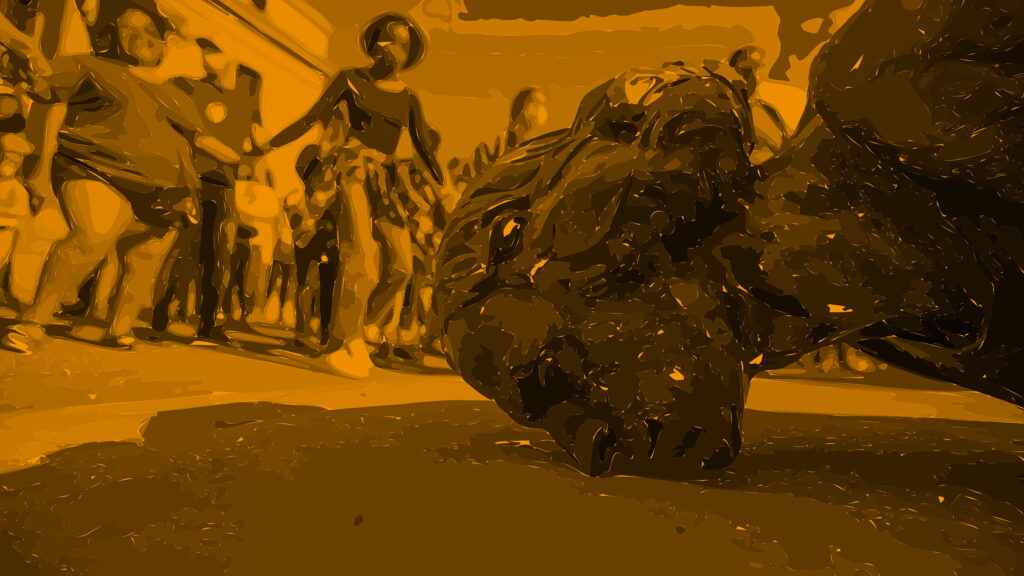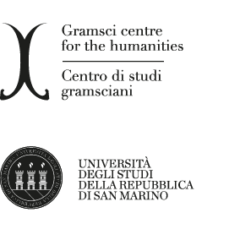We publish the open letter that the historian Raffaele Romanelli addressed last June to Sissco, association of contemporary historians, proposing a discussion on some widespread phenomena of intolerance and ideological conformism in the cultural field. To the reactions that his speech provoked, he then replied with a second letter.
“[…] In the Sissco list the issues I wanted to raise were absorbed by the issue of “fasci di Lampedusa”, monuments and plaques, that is the presence of fascism in today’s Italy, an exciting issue that also involved me, but which is quite different. […] If I read it well, it seems to me that the different interventions, each one rich of important notes, converge in substance in saying that mine is an “excess of reaction”: the reasons of the Black Lives Matter or Mee Too movements are so strong to explain – and to force us to justify – even deplorable excesses in themselves. So, for example, for Lorenzo Benadusi “the excesses of the politically correct are not comparable to those of the politically incorrect, (…) the radicalism of the minority is a form, and often the only form, to make one’s voice heard”; for Federico Mazzini “denouncing at this moment the politically correct university has, to my ears, above all the effect of diminishing the phenomenon of which it is a reaction”; for Emanuele Ertola “we cannot solve the excesses of the reaction without first having solved the problem”; it is not excluded that Black Lives Matter can be read, among other things, as a “movement for post-litteram decolonization”; for Agostino Giovagnoli “conformism does not imply that the objectives it inspires are all wrong. Even if forms of intolerance (and even anti-Semitism) have appeared in the protests against racial discrimination in the United States (and in the world), for me supporting them is not conformism but an ethical and civil duty”.
Well, I think these are erroneous assessments […]”.


